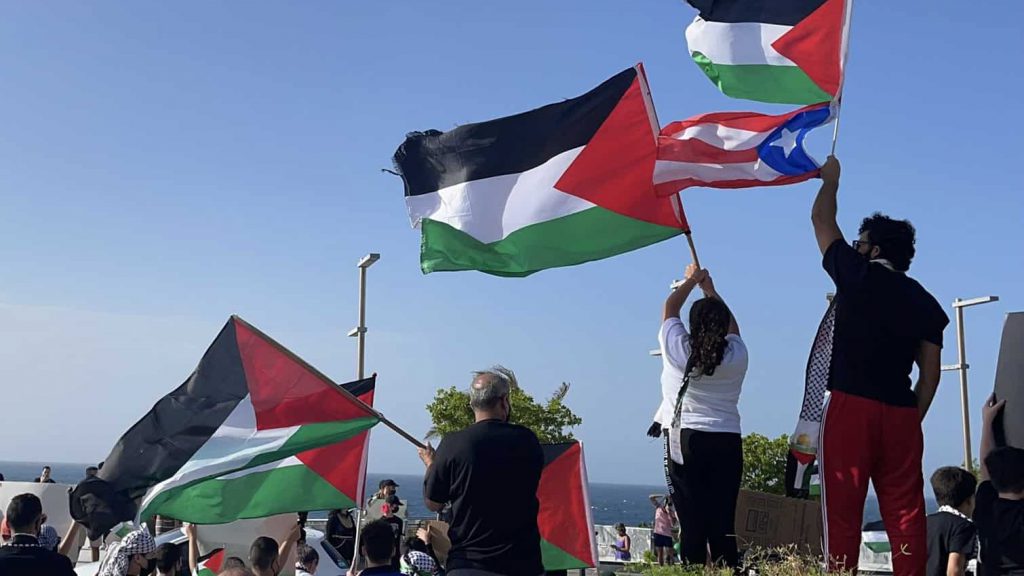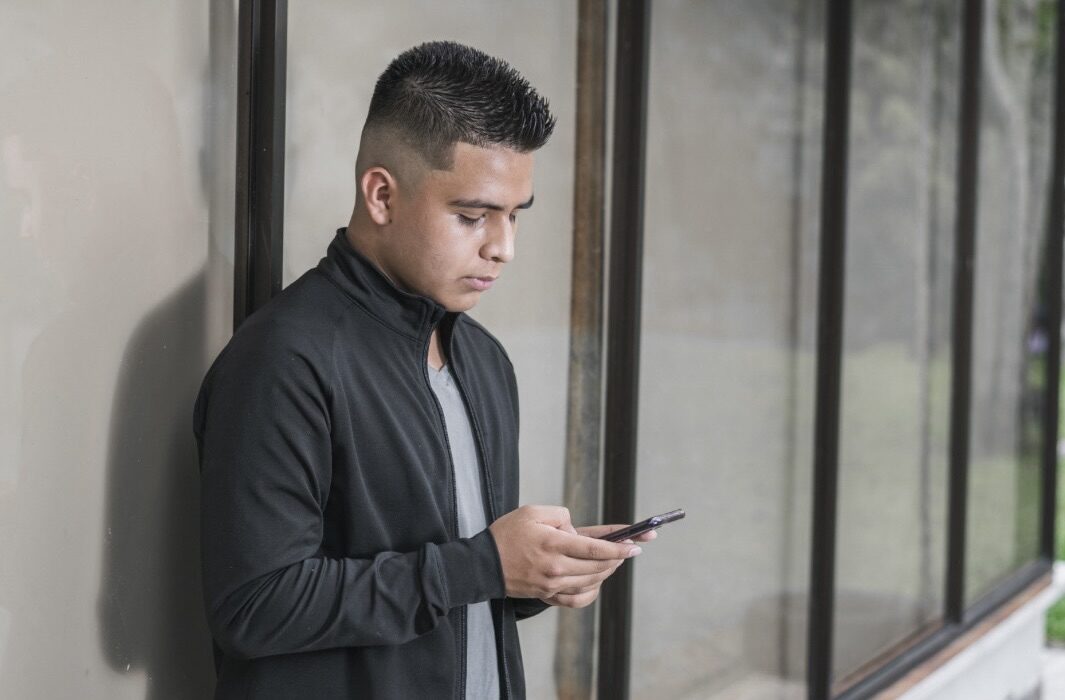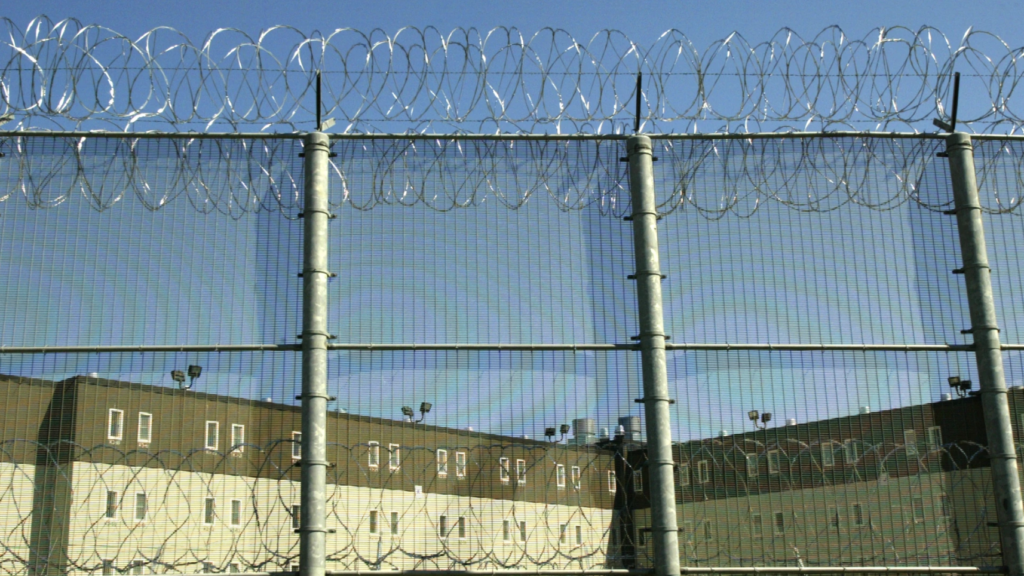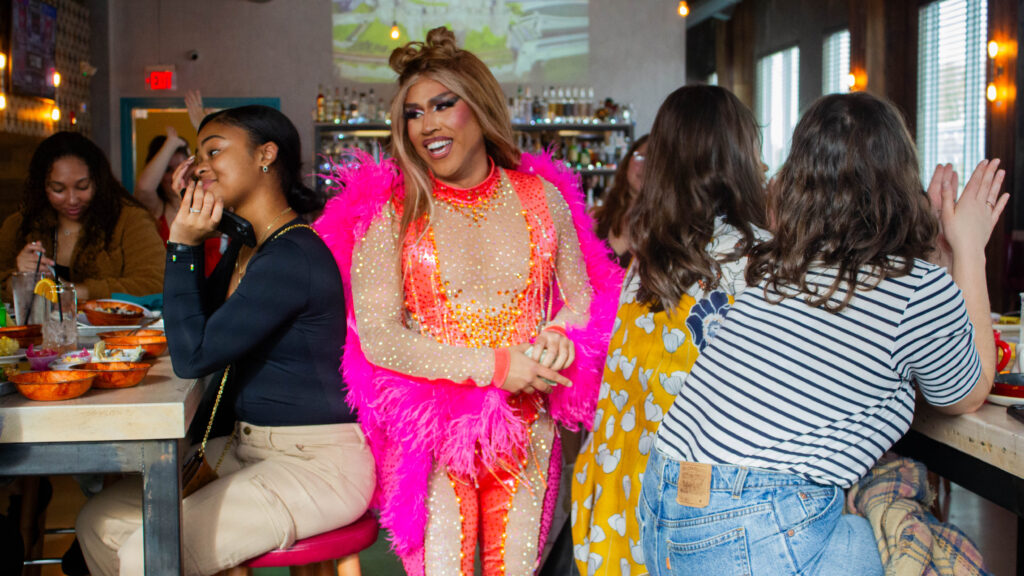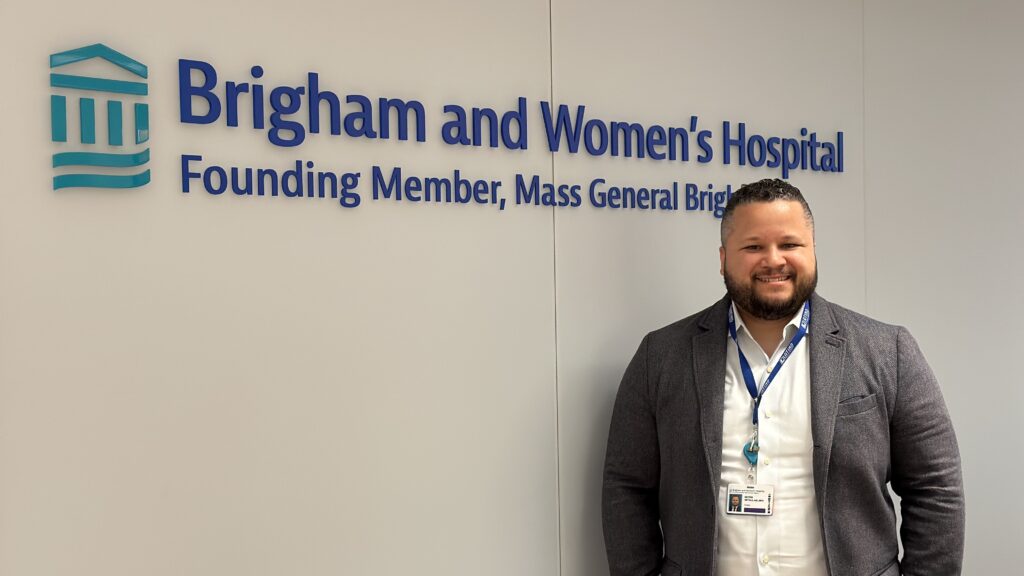A truce has put an end to the thunderous battles in the skies above Israel and the ground below Gaza City, as the Israeli-Palestinian crisis unleashed death and destruction.
During the conflict, thousands of pro-Palestinian demonstrators marched across the United States condemning what they said is indiscriminate bombing by Israel.
Among the hundreds of “Free Palestine” signs and waving Palestinian flags were Puerto Rican flags peppered throughout the crowds shouting, “Hey hey, ho ho, the occupation has got to go.”
Many Puerto Ricans stand in solidarity with Palestinians against what they see as a common enemy: settler colonialism.
“During the recent uprisings we continue the long tradition of protesting and demanding an end to the Israeli occupation of Palestine,” declared the Puerto Rican Cultural Center of Chicago in a statement on social media. “We will continue to fight until Palestine, Puerto Rico, and everyone is free.”
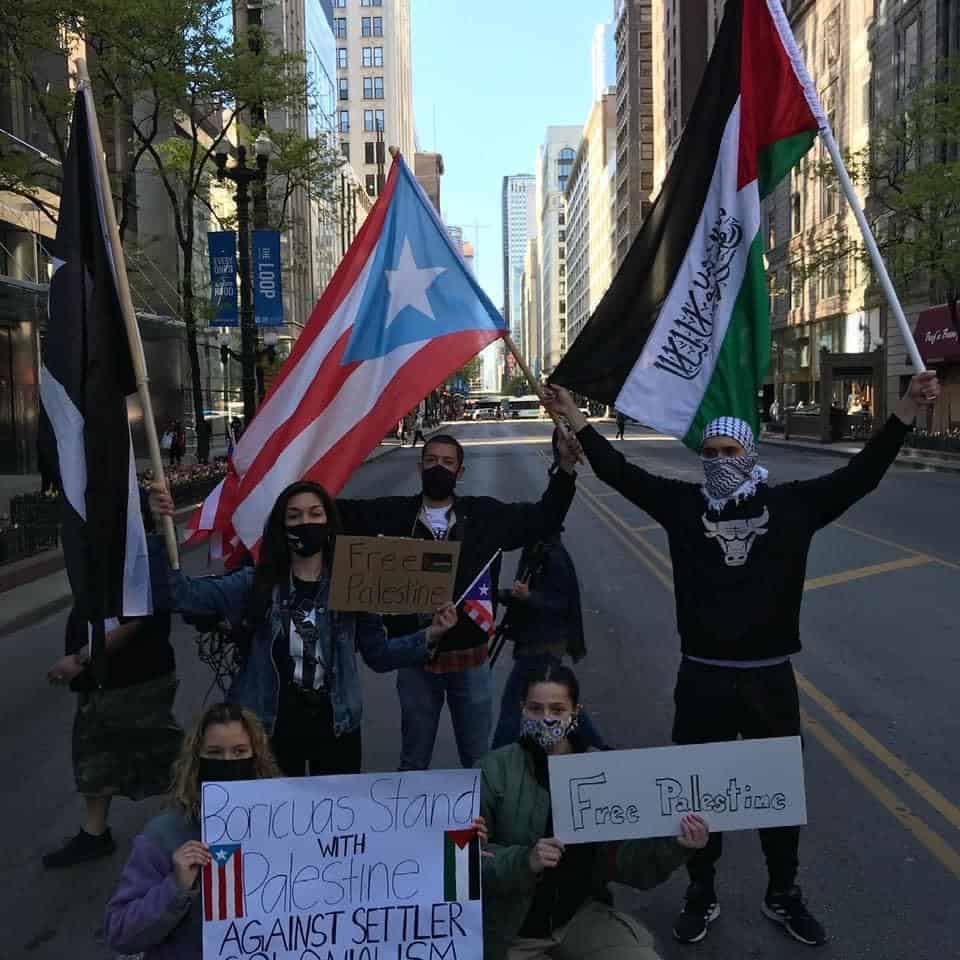
photo courtesy: The Puerto Rican Cultural Center
Following the Spanish-American War, Puerto Rico became an unincorporated territory of the United States in 1899. Since 1917, Puerto Ricans have been granted U.S. citizenship. The island became a U.S. commonwealth in 1952.
As residents of an unincorporated territory, Puerto Ricans on the island are disenfranchised at the national level – they do not vote for president or vice president. As it is not a state, Puerto Rico is not represented in the U.S. Congress, which governs it.
Puerto Rico’s future political status has consistently been a matter of debate for decades.
Last November, 52-percent of Puerto Rico voters answered yes to the ballot question: “Should Puerto Rico be admitted immediately into the Union as a State?” in the island’s statehood referendum. Whether the vote will make any headway with Congress, which serves as the gatekeeper for new states – is unknown.
“There should be no room in the American family for colonialism,” Puerto Rican Governor Pedro R. Pierluisi, who is pro-statehood, argued for the Puerto Rico Statehood Admission Act, earlier this year in a written statement.
Another bill, the Puerto Rico Self-Determination Act, has the support of many of the progressive members of the Democratic Party. The bill would create a lengthier and more deliberative process that would leave Puerto Ricans with more options.
“A colony is incompatible with democracy,” Representative Alexandria Ocasio-Cortez said in defense of the self-determination bill. “We should all be able to enjoy the right to equal treatment, and self-determination is how we can accomplish that in a process that is respected by all.”
Although both sides disagree over the best approach, they do agree the current system doesn’t work – especially after the havoc brought by hurricanes, earthquakes, and COVID-19 exacerbated social and economic disparities between the U.S. mainland and Puerto Rico.
Being deprived of such determinants of health is what nurtures the bond between Puerto Ricans favoring independence and Palestinians seeking the same.
As violence escalated between the militant Hamas rulers and Israel, Gaza rapidly ran out of key resources like electricity and clean water, and found it difficult to care for the hundreds of Palestinians injured.
Israeli colonialism shapes every part of Palestinians’ lives. Gaza is dependent on Israel for its water, electricity, telecommunications, and other utilities. The system of control imposed by Israel is described by critics as an “indirect occupation”.
SUGGESTION: Israel-Palestine Conflict a “Political Game” Being Played With Civilians by Nikki Rojas, Pero Make It Newsy
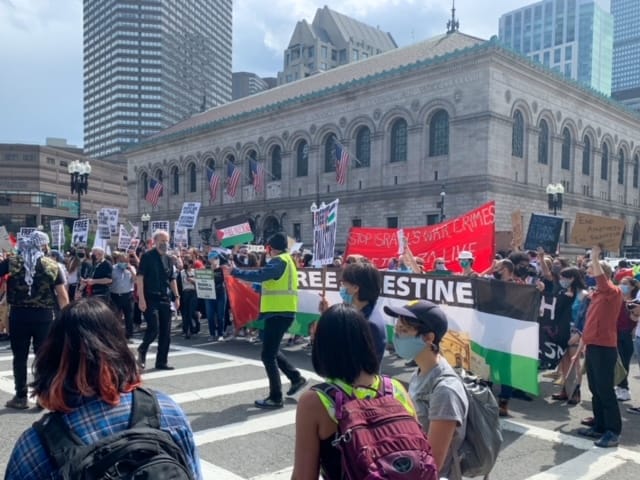
Photo Credit: Nikki Rojas
Israel maintains direct external control over Gaza and indirect control over life within Gaza by regulating the territory’s air and maritime space, and six of its seven land crossings. Israel reserves the right to enter Gaza at will with its military and maintains a no-go buffer zone within the Gaza territory.
The violence began in Jerusalem last month when Palestinians clashed with police in response to Israeli police tactics during Ramadan at a shrine considered holy to both Jews and Muslims and the threatened eviction of dozens of Palestinian families by Jewish settlers.
This latest round of fighting is the fourth time in 13 years that Israel has launched a major military attack on the Gaza Strip. It is estimated that more than 200 Palestinians have been killed, including children. At least 10 Israelis have also been killed, children included.
Many Puerto Ricans See Solidarity With Palestinians was first published in The Chicago Reporter.
